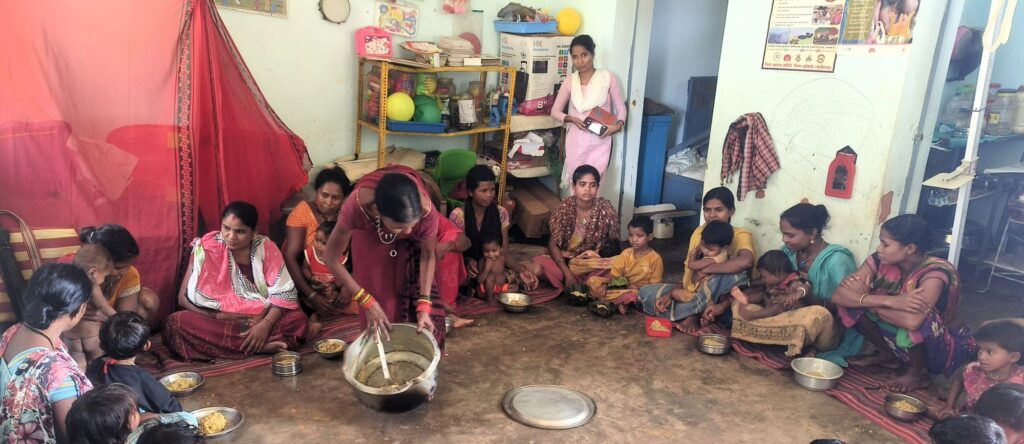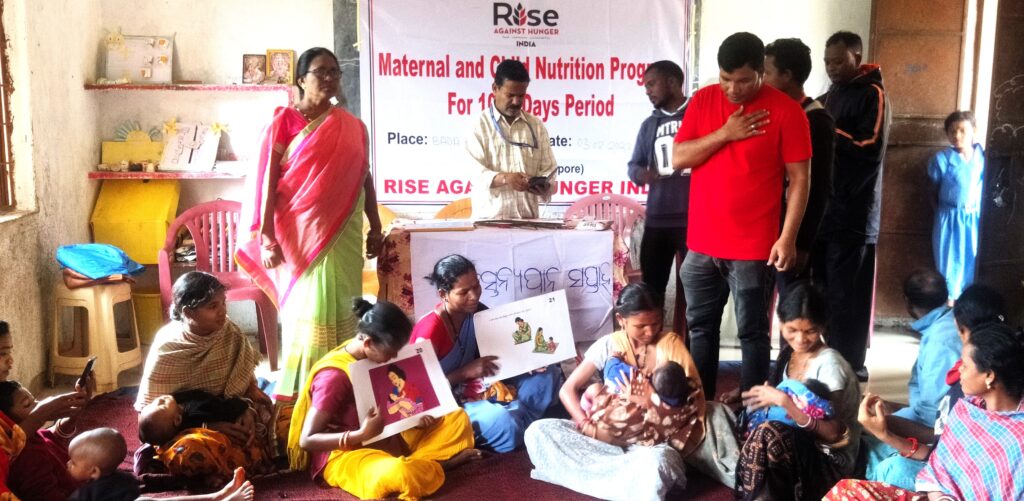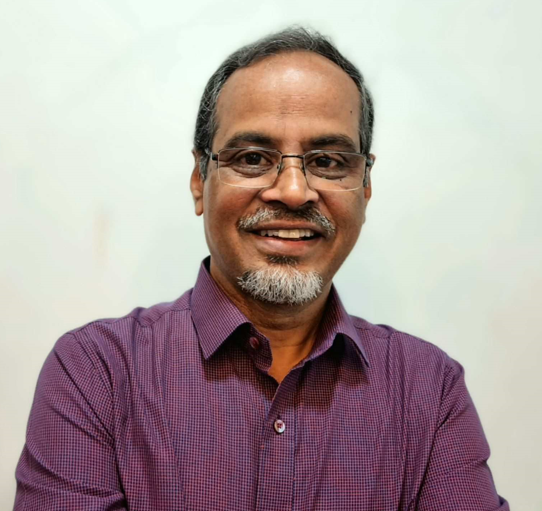Empowering Healthier Rise Against Hunger India’s pilot phase of the 1000 Days Nutrition Flagship Program is concentrated in eight districts spread across the states of Odisha, Chhattisgarh, Bihar, and Jharkhand, known for their remote and challenging terrain and inhabited by PVTGs
In an unwavering commitment to combat ill health, malnutrition, and food insecurity, Rise Against Hunger India has embarked on a transformative journey. The organization’s recently launched “1000 Days Nutrition Flagship Program” is pioneering a community-based approach to address these issues, particularly among the most marginalized and vulnerable communities, including PVTGs (Particularly Vulnerable Tribal Groups).
Rise Against Hunger India’s 1000 Days Nutrition Flagship Program is in its pilot phase, targeting selected pockets in eight districts across four states: Odisha, Chhattisgarh, Bihar, and Jharkhand. These regions, characterized by their isolation and challenging terrains, are home to PVTGs. At the heart of this initiative is a profound emphasis on community engagement and ownership. Pregnant women in these communities are coming together to strategize their nutritional well-being during the critical 1000 days period – from pregnancy to a child’s second birthday.
The program introduces an innovative concept: the establishment of community kitchens in resource-scarce settings. These kitchens cater to the dietary needs of pregnant and lactating mothers, offering them a safe space to share experiences, express challenges, and collectively discuss coping strategies. The core implementation revolves around the formation of dedicated groups of pregnant and lactating mothers who collaboratively determine optimal cooking and feeding processes to meet nutritional requirements

Collaboration for Seamless Integration
In cases requiring additional support, the program augments local systems and infrastructures. This collaboration ensures seamless integration with Front Line Workers (FLWs) and institutions like Anganwadi Centers (AWCs).
The close relationship with FLWs aligns efforts toward common goals: ensuring the consistent and regular provision of nutritional food, tracking the progress of mothers and children, and collectively identifying warning signals in critical cases to provide the necessary care. This collaboration also serves as a mechanism for people-centric participation in making local systems active and responsive.
Rise Against Hunger India’s field team plays a pivotal role by providing nutrient-rich food packets, including khichdi mix. They also facilitate local management of the entire process, from finding suitable locations to taking responsibility for cooking and ensuring safe storage of supplies. FLWs are key partners in this program, aiding in the identification of pregnant women at nutritional risk and effectively tracking and monitoring danger signs, as well as early identification of complicated pregnancies for targeted interventions.

Impact
The program envisions benefiting 800 pregnant and lactating women in the intervention areas. The immediate impact is evident, as extra nutrition, in the form of hot cooked meals, is consumed on the spot. A robust tracking system monitors weight gain and improvement in BMI, with a focus on reducing adverse pregnancy outcomes such as low birth weight and pre-term births, particularly among project beneficiaries. The program’s constant engagement with participants equips workers to identify critical cases and high-risk pregnancies, ultimately reducing maternal mortality and morbidity.
Beyond its tangible impact, this initiative holds the potential to break the intergenerational cycle of malnutrition. It fosters a cultural shift wherein maternal nutrition gains importance within families and communities, creating a lasting change that will continue to be observed in the coming generations. The formation of mothers’ groups within the community is instrumental in improving relationships with the community and front-line health workers, leading to better nutrition services and community participation in healthcare governance.
This project represents just one facet of Rise Against Hunger India’s holistic approach. While addressing immediate nutritional needs within the crucial 1000-day window, the organization is also actively working to improve food and livelihood systems in these communities. Additionally, education and counselling sessions for caregivers are being carried out, focusing on behavioural and practice changes. Collectively, these efforts aim to achieve nutrition security in these communities within the next 5 to 7 years

“Ensuring nutrition during the critical 1000-day period, especially during pregnancy, is one of the most effective ways to break the intergenerational cycle of malnutrition in communities. Rise Against Hunger India’s 1000 Days Nutrition Flagship Program exemplifies empowerment, community engagement, and a steadfast commitment to nurturing healthier generations. It embodies the organization’s unwavering dedication to building a world free from hunger and malnutrition.
Dola Mohapatra
Executive Director, Rise Against Hunger India



